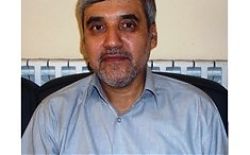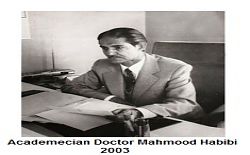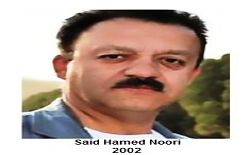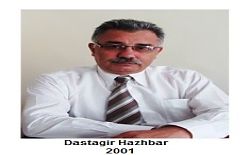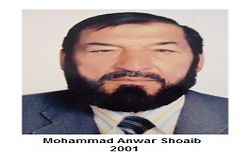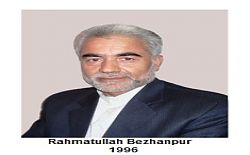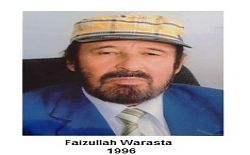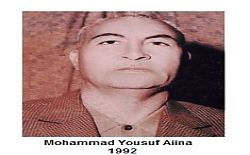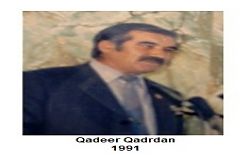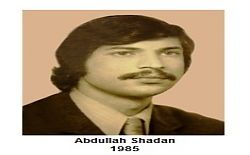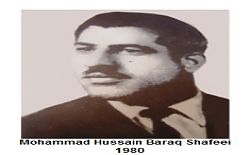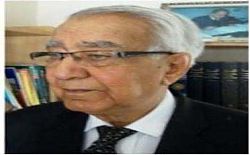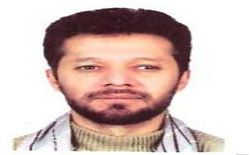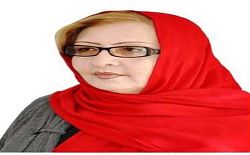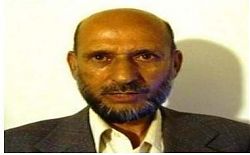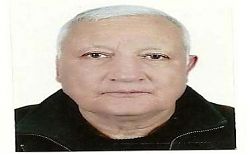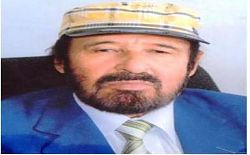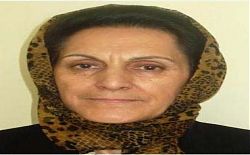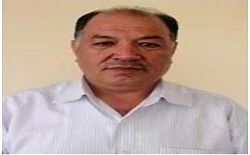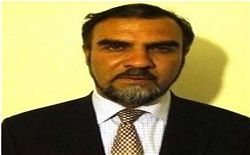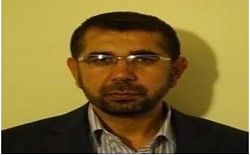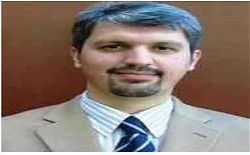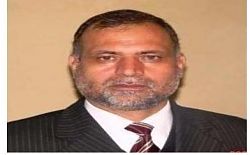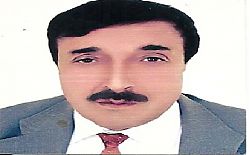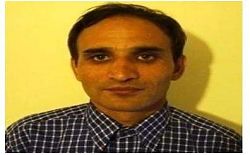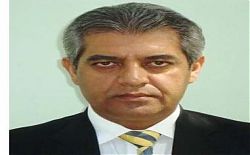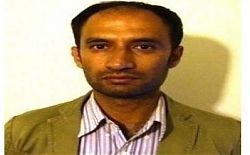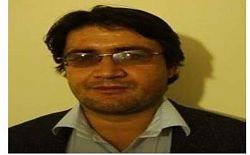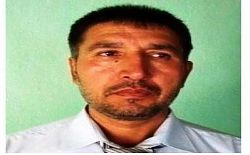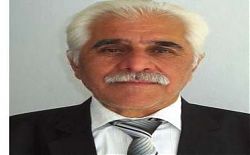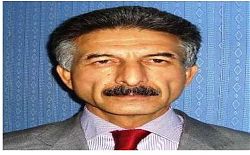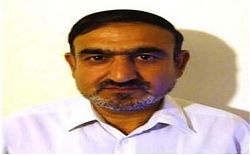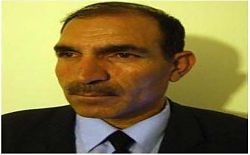A historical glance at the Afghanistan National Journalists’ Union
The Afghanistan National Journalists’ Union [ANJU], formerly named Afghanistan Journalists’ Union, was established in January 1981. From its inception, the ANJU headquarter was located in a building next to the central office of State Bank of Afghanistan, which belonged to “Pashto Tolena” in the past.
Initially, because there was no free press or freedom of speech in the country, the union was a networking resource that engaged in some professional activities.
Creating a permanent photo exhibit alongside the union’s headquarter and the construction of a large chamber paved the way for journalists, especially photojournalists to feature and sell their work. It was also a great opportunity for the union to use the chamber for meetings, seminars and other professional gatherings. Yet another advantage of the journalists union, in the initial years, was a notable decrease in financial dependency on the government, which was achieved by relying on these sales. During the communist regimes, the state typically established and funded various unions of writers, journalists and artists.
When the mujahideen prevailed in 1992, ANJU was still located in its original building. At that time, the name of the union was changed to Afghanistan Islamic Journalists’ Union, while there was still and only governmental support for the Union left. Because of the civil war during this period, and the migration out of Afghanistan of many of the union’s main members, union activities slowed down substantially.
When the Taliban conquered Kabul, the union went inactive. Office furniture and equipment were handed over to Ministry of Culture and Information and union members were compelled to disband the organization.
After the collapse of the Taliban regime an opportunity emerged to reactive the union and start activities. Afghanistan now had an open political environment, freedom of speech was constitutionalized and in addition to state media, dozens of private media outlets were launched.
The dramatic changes that followed, particularly in the media sector, required ANJU to bring important changes to its organization and structure.
In September 2002, in a gathering held at the Kabul Hotel (now the Serena Hotel and located across from the ANJU headquarter), a new temporary union leadership was voted by leading journalists. In the meeting it was determined that a commission should work on a plan to organize a general assembly in the near future. Some union members, based on personal reasons, objected the decisions reached and they did not want to hand over union documents to the newly elected leadership. As a result, the new leadership failed to make any changes.
In 2003 efforts were made to empower ANJU again. A meeting was held in Khaibar Restaurant, where the ANJU higher council decided to obtain an activity license from the Justice Ministry and to hold election in January 2004 to elect a new chief executive. More than 200 people attended the January 2014 meeting where Dr. Mahmood Habibi was elected Head of union chief , along with other union position elections. During this time, ANJU escalated its activities through conferences, advocacy work, declarations and the publication of a Journalist Weekly Publication. ANJU also became a presidential election monitor. At this this time Dr. Mahmood Habibi suggested that the word ‘national’ be added to the name of the union, which was accepted by the general assembly of the union. The union officially became the Afghanistan National Journalists’ Union. The union was registered with the Afghan government in April 2004 under number 152. Subsequently, ANJU became active across Afghanistan.
During this period the membership of an executive assembly member was terminated. This individual created a new union with backing from some journalists and elements from the Information and Culture Ministry. This was a tough period for the union, but ANJU continued its activities. Meanwhile other organizations were established — the All Afghan Journalists’ Union and the Free Journalists’ Union of Afghanistan. In order to better coordinate and lobby, some media activists moved to merge the three unions into one union.
In a meeting in July 2006, ANJU members and members of the other two unions voted to select a new leadership for ANJU. At the time it was decided that Dr. Mahmood Habibi would hold an honorary post as ANJU Head and Mr. Sayed Aqa Fazel Sancharaki was elected as the president.
When Mr. Sayed Aqa Fazel Sancharaki, who was ANJU’s Head, became a member and spokesperson of a political party, the National United Front, the union’s executive assembly discharged him in October 2007. In his place, Mr. Abdul Hamid Mobariz, who served as ANJU advisor, was elected union president.
In early 2012, several internal issues came to a head and ANJU face a challenging period. In June 2012 a change of leadership was proposed and discussed. At the the time, Mr. Faizullah Warasta agreed to become Head of ANJU . A week later, in a meeting governed by the union’s constitution that was attended by most members of the union’s executive assembly, Mr. Faheem Dashty was elected as chief executive and Mr. Faizullah Warasta was formally elected ANJU adviser. ANJU does not receive any financial support at the moment — there is no domestic or international funding. ANJU is currently operated through union member fees.
ANJU has not been able to return to its headquarter and the union’s building is now occupied by the State Bank of Afghanistan.
Executive assembly or higher council?
This is repeated and it’s not clear if this is when Sancharaki was elected?

